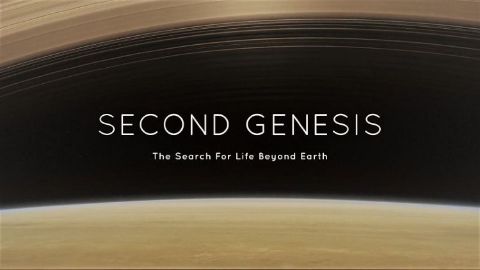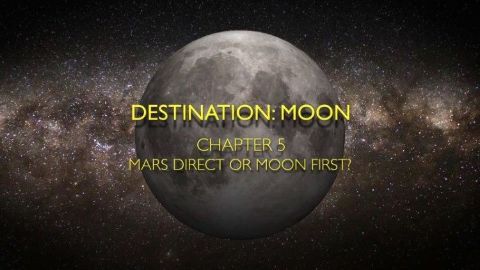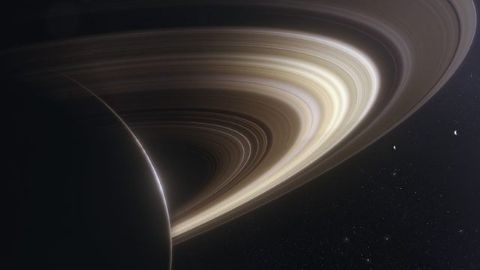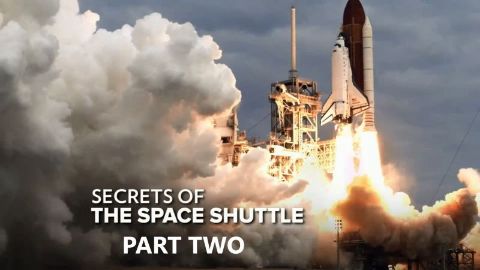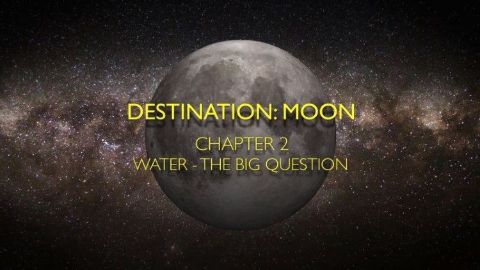Star Men • 2016
Four astronomers celebrate 50 years of work and friendship by going on a road trip to revisit some of the world's greatest observatories. In California, a world leader in observational astronomy at a time when America's space programme was at its height, the astronomers spent their formative years developing friendships that would last a lifetime, and making scientific discoveries that would change the course of history. Together they represent the most productive period astronomy has ever had. Their journey through the southwestern United States allows them to see once again the places and landscape they explored as young men. Now in their 70s, they share their reflections on a life spent looking at the universe. Star Men celebrates the history of stargazing: the inventions and discoveries that have enabled us to learn so much about the universe, but more importantly to understand how much more we have yet to discover.
Make a donation
Buy a brother a hot coffee? Or a cold beer?
Hope you're finding these documentaries fascinating and eye-opening. It's just me, working hard behind the scenes to bring you this enriching content.
Running and maintaining a website like this takes time and resources. That's why I'm reaching out to you. If you appreciate what I do and would like to support my efforts, would you consider "buying me a coffee"?
Donation addresses
BTC: bc1q8ldskxh4x9qnddhcrgcun8rtvddeldm2a07r2v
ETH: 0x5CCAAA1afc5c5D814129d99277dDb5A979672116
With your donation through , you can show your appreciation and help me keep this project going. Every contribution, no matter how small, makes a significant impact. It goes directly towards covering server costs.
